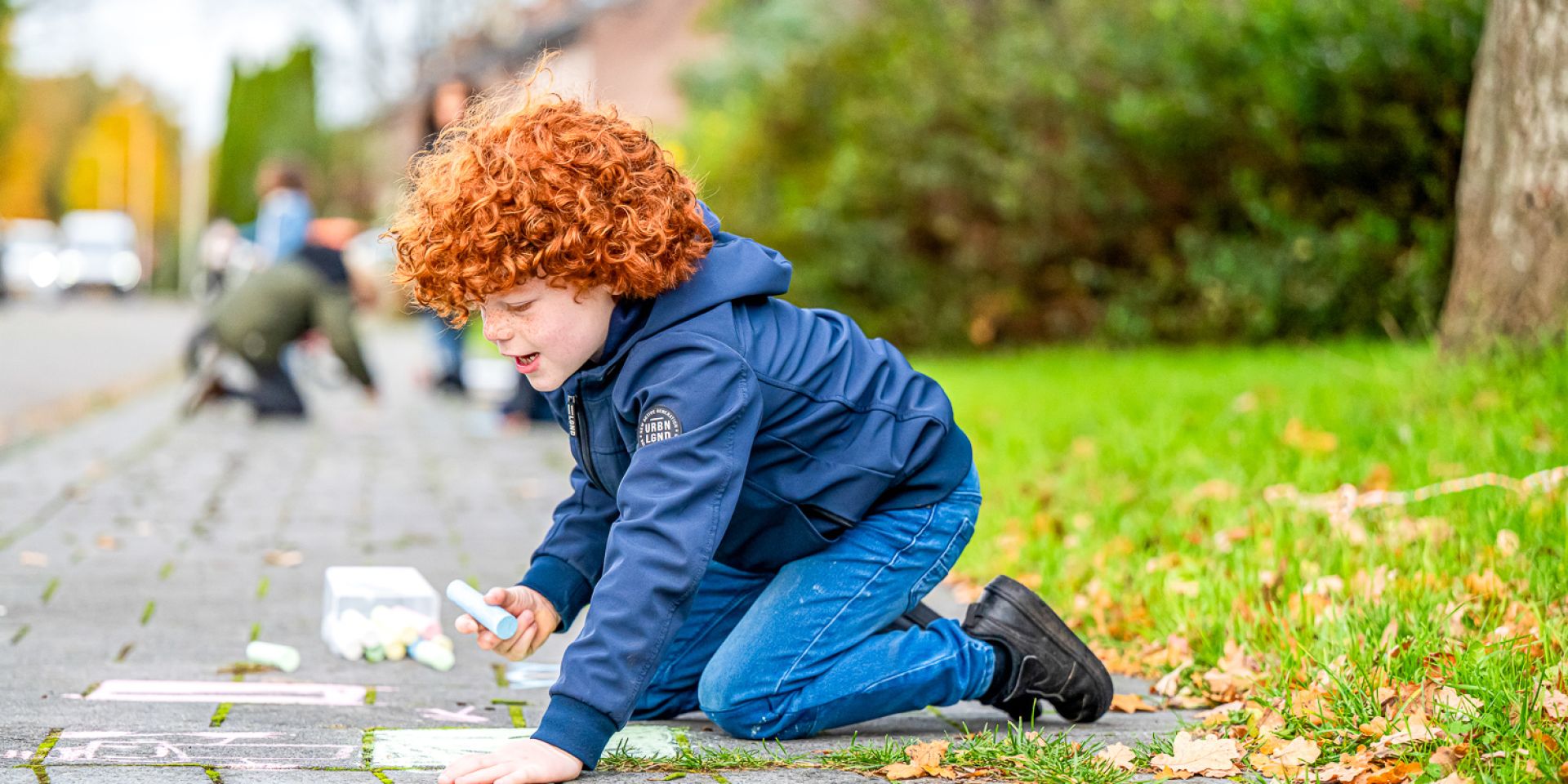
Kind IN Gezond Systeem (KINGS)
A study of the outcomes and working mechanisms of KINGS family treatment
Accare did research on the KINGS family treatment program, together with the University of Groningen and the Erasmus University Rotterdam. We wanted to know how KINGS helps families. This will enable us to improve our treatment program.
Background
KINGS (Kind IN Gezond Systeem, a Dutch acronym for ‘Child in Healthy System) is an intensive family treatment program, developed for children with severe behavioral problems and their parents. The children and their parents have been victims of major interpersonal events, such as domestic violence, sexual abuse, neglect and bullying (physical and/or emotional). KINGS focuses on trauma processing in the child and the parents, and on increasing parenting skills.
With this study, we tried to understand how the KINGS treatment program works and what the outcomes of treatment are. This allows us to improve the program so that other families can be served even better in the future.
The research study
This study investigated to what extent participation in KINGS was associated with reductions in trauma symptoms in parents and children, behavioural problems in the child, experienced pressure of upbringing, and in improving the quality of family and parenting conditions.In addition, it explored which components of KINGS may contribute to these changes, and which families benefit most from KINGS and why? In order to answer these questions, sub-studies were set up that focussed on (1) the target group of KINGS, (2) care activities and considerations, (3) treatment outcomes (up to six months after completion), and (4) the experiences of parents and children with KINGS. Case files were studied and parents and children (aged 8 years and older) completed questionnaires (from six months before to six months after KINGS) and shared their experiences in interviews.
The results
Research into the KINGS program shows that families dealing with complex and long-term problems can make meaningful progress within an intensive, family-centered treatment setting. Both parents and children reported a reduction in trauma-related symptoms, behavioral and emotional problems, parenting stress, and family problems during and after treatment. On average, these improvements were maintained up to six months after the treatment ended, although gains in parenting stress and family problems partially diminished during that period. Notably, children also showed progress even when they did not receive individual trauma treatment. At the same time, the change processes varied significantly between families, highlighting the importance of a tailored and flexible approach
What do these results mean for practice?
The findings emphasize that an integrated, family-centered approach like KINGS can be valuable for families for whom previous support trajectories yielded insufficient results. It is essential to treat not just the child or the parent individually, but to approach the family as a whole. Attention to the life histories of family members is crucial, as is breaking intergenerational patterns. The results also show that sustainable change requires proper aftercare and collaboration with local support services, especially when stressors in the living environment—such as poverty or social isolation—persist. Practitioners are encouraged to address family problems in their full scope, considering both individual and systemic factors.
The researchers
Lysbert Zeinstra from Erasmus University Rotterdam (Team Youth & Family) is a remedial educationalist and educationalist and will be awarded a PhD for this research. In addition to Femy Wanders from Accare, Prof. Dr. Annemiek Harder from Erasmus University Rotterdam (Team Youth & Family) and Dr. Jana Knot-Dickscheit and Dr. Anne-Marie Huyghen from the University of Groningen (Basic Unit Orthopedagogy) are also involved in this investigation.
